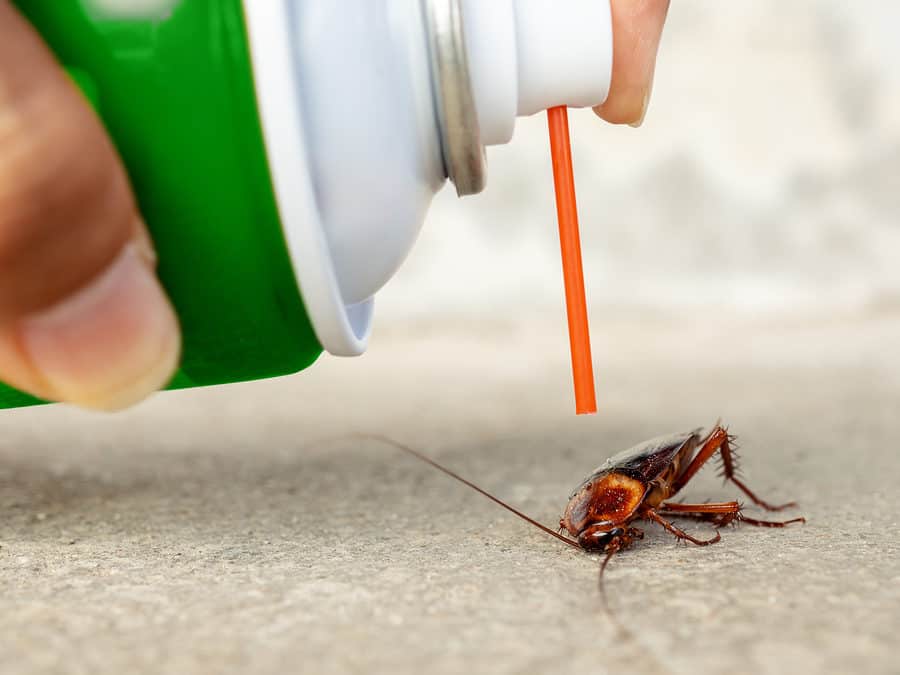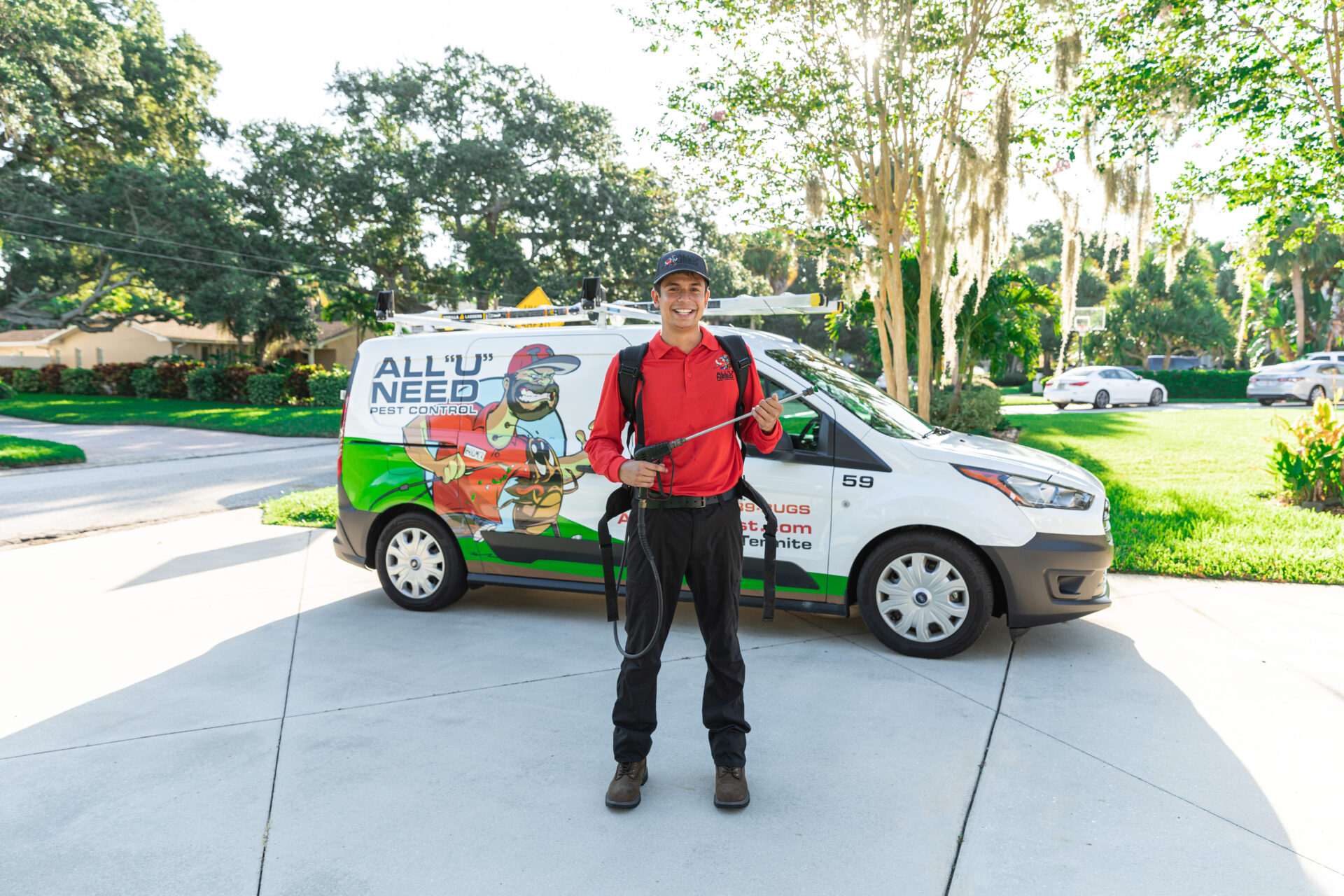Separating Between Kinds of Parasite Control Techniques
When it comes to handling parasite infestations, a multitude of strategies exist to resolve the concern effectively. From chemical services to eco-friendly techniques, the spectrum of parasite control techniques is diverse and nuanced. By recognizing the differences in between various strategies, people can make informed decisions that align with their values and the details needs of their bug situation. The development of insect control practices has actually brought about the growth of innovative methods that deal with different needs and choices. By checking out the details of each method, one can acquire insight into the most ideal means to deal with pest-related obstacles.
Chemical Parasite Control Approaches
Chemical pest control methods are generally employed in the agricultural market to effectively manage and remove pest problems. These approaches include using herbicides, pesticides, and fungicides to target and get rid of unwanted bugs that can cause damage to crops. Pesticides are compounds particularly made to eliminate or regulate insects such as rodents, weeds, and insects. Herbicides, on the other hand, are used to regulate unwanted plants that contend with plants for nutrients, water, and sunlight. Fungicides are made use of to stop and handle fungal illness that can devastate crops.
While chemical parasite control techniques can be highly reliable in regulating parasite populations, there are additionally issues regarding their possible effect on human wellness and the environment. Chemicals, particularly, can pose risks to farmworkers, customers, and wild animals if not utilized correctly. To minimize these risks, it is important for farmers and bug control specialists to follow appropriate application strategies, comply with security guidelines, and consider alternative pest control approaches whenever possible. By stabilizing the benefits of chemical pest control with the need for human and environmental security, the farming market can properly handle pest infestations while minimizing unfavorable consequences.
Organic Parasite Control Methods
Offered the prospective worries connected to the impact of chemical pest control techniques on human health and the environment, a change towards utilizing Biological Pest Control Techniques supplies an extra ecologically pleasant and sustainable method to handling pest infestations in farming. Organic insect control includes the usage of various other living microorganisms to manage pest populations. While organic pest control might require more time to show results compared to chemical methods, its long-lasting performance and marginal environmental influence make it a recommended selection for lasting pest management in agriculture.
Mechanical Bug Control Approaches
Using physical barriers or tools to straight eliminate or fend off bugs is the significance of mechanical bug control techniques. Physical traps such as mousetraps, flypaper, or pheromone catches are additionally commonly made use of to capture and manage pests.
An additional effective mechanical bug control approach is using vacuum devices to physically get rid of insects from infested locations (pest control fresno). Vacuuming not only More Info eliminates grown-up bugs yet also helps in eliminating larvae and eggs, interrupting the parasite's life cycle. Furthermore, you can try these out mechanical pest control approaches include the usage of obstacles like caulking or securing cracks and crevices to stop parasite access into buildings
Natural Pest Control Approaches
One effective method in pest control entails utilizing all-natural components and procedures to take care of parasite populations in an eco-friendly manner. Natural bug control approaches take advantage of the ecological community's own checks and equilibriums to manage parasites without depending on artificial chemicals. One typical technique is biological control, where all-natural predators or parasites of bugs are presented to maintain parasite populations in check. Ladybugs, as an example, are understood for feeding on aphids, therefore working as a natural form of insect control in yards. In addition, planting varied plants can aid disrupt pest life cycles by producing a less positive setting for them to grow.
Exercising excellent yard hygiene, like eliminating pest environments and integrating friend planting techniques, can also aid in pest monitoring without harming advantageous organisms. By embracing all-natural pest control approaches, individuals can safeguard their plants while advertising a healthier and much more lasting environment.

Integrated Pest Monitoring (IPM)
Integrated Parasite Management (IPM) is a comprehensive strategy to pest control that concentrates on incorporating numerous strategies to minimize insect damages while minimizing dangers to human wellness and the environment. IPM integrates biological, cultural, physical, and chemical techniques to take care of bugs successfully - pest control fresno. This approach highlights control, avoidance, and tracking to resolve bug issues in one of the most eco-friendly and financially practical method

Chemical control is utilized as a last option in IPM and is applied sensibly, targeting specific pests while reducing damage to advantageous organisms and the environment. By integrating these diverse techniques, IPM offers a all natural and sustainable method to pest administration.
Conclusion
Finally, understanding the different types of insect control techniques is vital in effectively managing bug invasions. Chemical techniques involve the usage of pesticides, while biological techniques use all-natural killers to regulate bugs. Mechanical approaches rely upon physical obstacles or catches, and natural approaches involve making use of plant-based or safe materials. Integrated Insect Administration (IPM) integrates multiple approaches for a more environmentally-friendly and lasting approach to pest control. Each method has its very own benefits and constraints, making it crucial to select one of the most ideal one for every scenario.
While chemical parasite control methods can be extremely reliable in managing parasite populaces, there are also concerns concerning their potential effect on human health and wellness and the setting. To alleviate these threats, it is necessary for farmers and bug control professionals to adhere to proper application methods, adhere to security standards, and take into consideration alternate insect control approaches whenever possible.Provided the prospective concerns connected to the effect of chemical bug control methods on human health and the environment, a change towards using Organic Bug Control Approaches provides a much more lasting and ecologically pleasant method to taking care of parasite infestations in agriculture. All-natural bug control approaches utilize the ecological community's own checks and balances to regulate parasites without relying on artificial chemicals.Integrated Bug Management (IPM) is a comprehensive strategy to pest control that concentrates on incorporating numerous methods to decrease bug damages while lessening risks to human health and the environment.